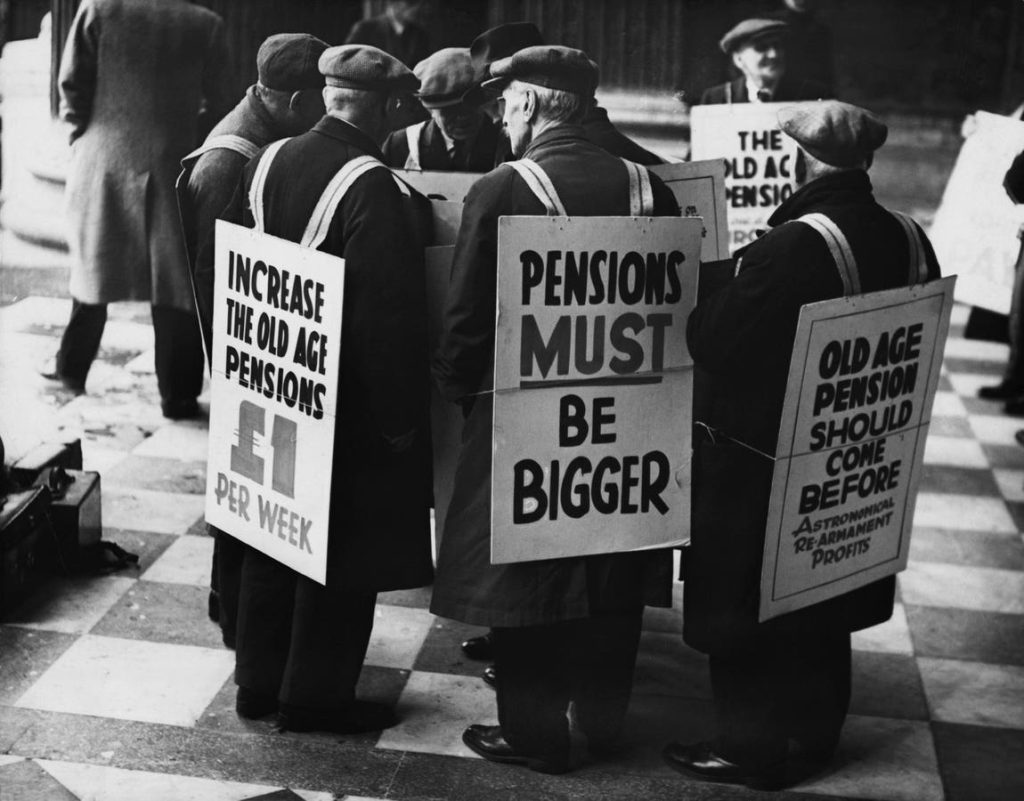The 401(K) retirement plan has played a significant role in displacing defined benefit plans, which were once more common among workers. Companies have chosen to close their defined benefit plans due to the high costs associated with funding them and their negative impact on balance sheets. This shift has resulted in a decrease in the percentage of workers with access to defined benefit plans from 38% in 1980 to 15% in 2023.
The 401(K) program is now the most common retirement option for employees, with both employees and employers contributing to the account. However, studies have shown that the distribution of employer contributions is inequitable, with a disproportionate amount of money going to higher-income employees. This inequality is further exacerbated by the fact that employees who do not take full advantage of the program effectively earn less than their peers who do contribute more.
There is also a question of whether 401(K) plans are operating efficiently, as there is little variation in how much employees save even with different levels of employer matching. Dollar-cap match formulas are more equitable but are used in only 4% of plans. These formulas allow employers to set a dollar match cap below the maximum contribution by law, providing a more fair distribution of employer contributions.
The inequity in employer contributions exists across all income segments, with the top 20% of earners receiving a significantly larger share of contributions than the bottom quintile. This disparity is further exacerbated by policy-level decisions that disproportionately benefit higher-income employees. It is clear that there is a need for both employees and employers to reconsider their approach to retirement savings in order to address these issues.
Ultimately, the current system of employer contributions to 401(K) plans is contributing to income inequality among employees. While employees need to focus on increasing their own savings, employers and government officials also need to reassess their approach to retirement savings in order to create a more equitable system. It is crucial that all parties involved work together to ensure that retirement savings plans are fair and effective for all employees, regardless of their income level.













